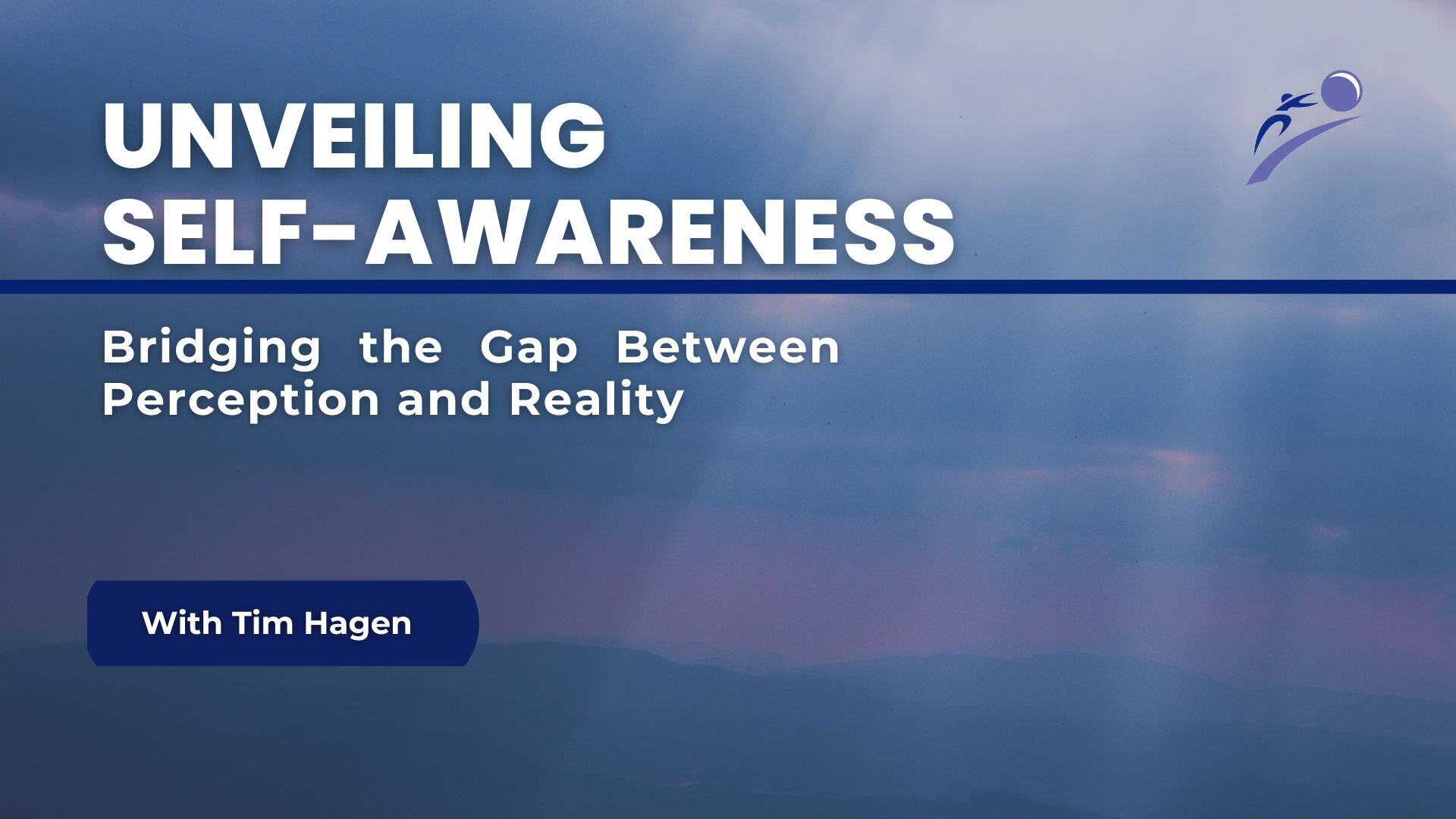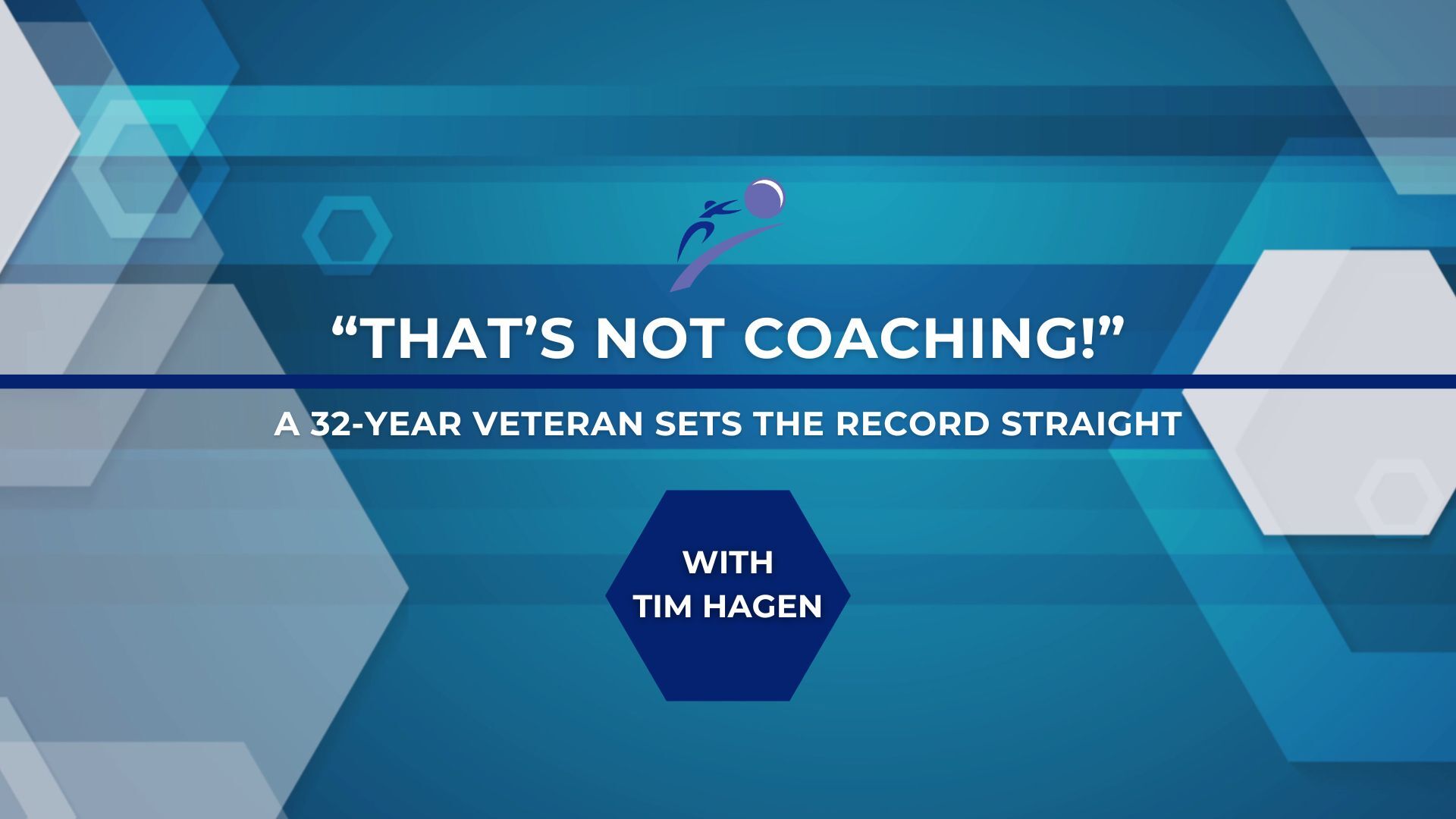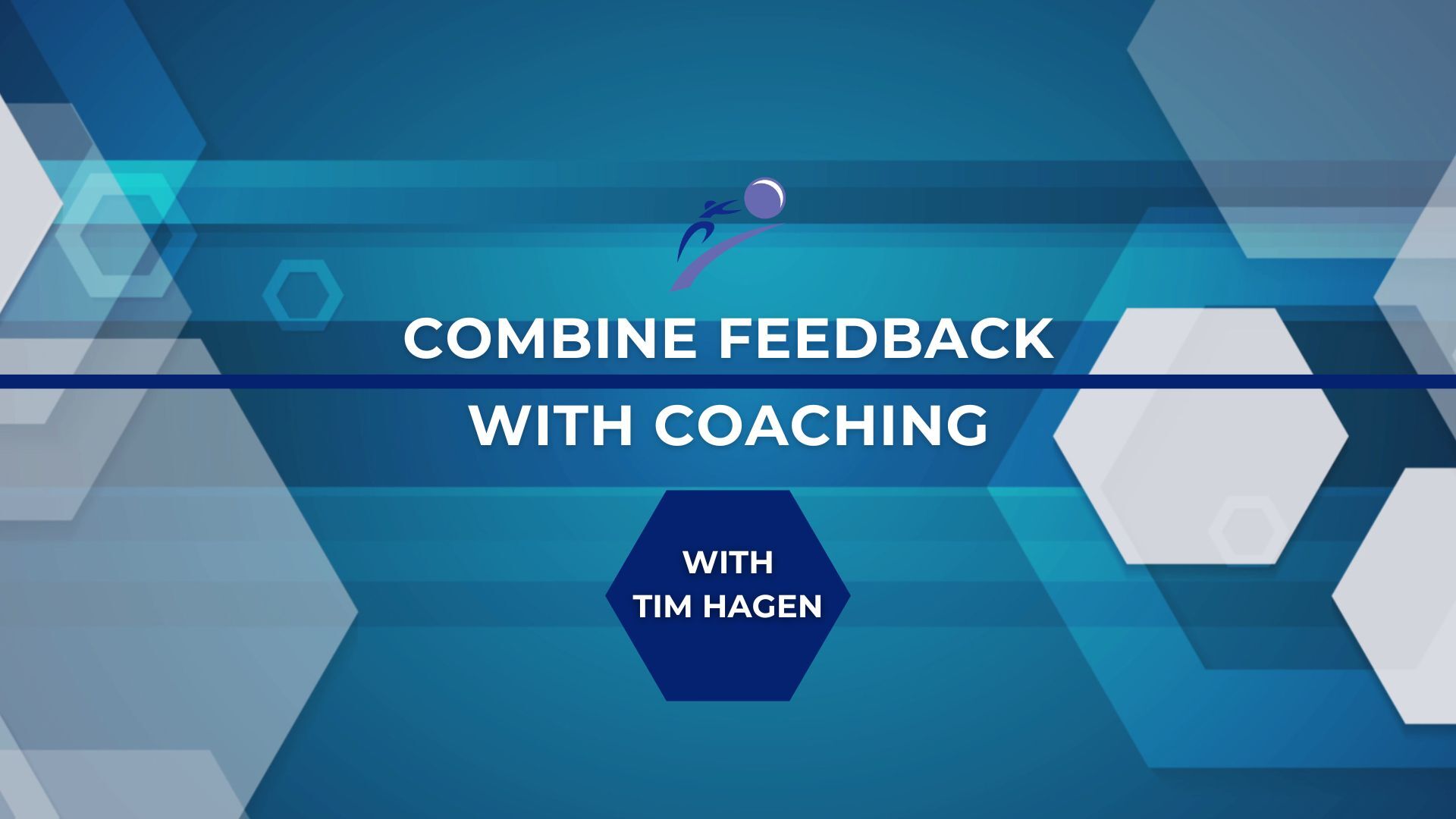Unveiling Self-Awareness: Bridging the Gap Between Perception and Reality
When we hear about all the topics with coaching and training and we're hearing the term artificial intelligence, now more than ever I go back to the fundamentals of coaching, and that is to first cultivate self-awareness. Getting someone to look in the mirror.
#1: What is real self-awareness?
#2: How do we get someone to cultivate self-awareness?
It's about looking in the mirror and really being honest. I've cited this research a thousand times, I'll do it again. Tasha Eurich, in her book Insight, a New York Times bestseller, conducted a research project and surveyed people, and 95% of the people said yes, I'm highly self-aware. When she tested them on self-awareness, only 10% actually were. That means 85% of us have blind spots. We all do.
Here's the funny thing: when you go up to someone and say to them they have a negative attitude or you give them feedback, what happens? Do people open their arms and say thanks or do they start the discounting your feedback? "Not me, it's got to be someone else you need to talk to." That's usually the case and research confirms that.
So how do we cultivate self-awareness?
#1: Focus on the good things people do.
Gallup reports when we lead with people's strengths, people engage eight times more. Think about that: eight times more. That means we listen more, we have greater trust with the people coaching, leading, and mentoring us.
#2: You have to ask questions. Just telling someone they have a crappy attitude won't change them. They'll discount everything you say. People don't like to be told what to do, whether right or wrong. If our objective is to cultivate self-awareness, use questions such as "What are you going to do to successfully engage with your teammates positively and what's the value to you?" That might be another question you could use to address someone's negative attitude.
When you ask questions, the brain is stimulated to think differently. Here's an example. If I go up to someone and ask, "Do you have any big plans this weekend?" most people say nope, just staying around the house. Change up that question. Ask instead, "What are two specific things you're going to do that will be a lot of fun this weekend?" that stimulates the brain to think differently. You'll get significantly different answers.
The key is to ask questions starting with the word what.
Insert the word successfully, then address the area that you're coaching. Here's an example.
Let's say we have somebody who's not pulling their weight that we need to coach. Leadership tends to always start off with something people are not doing, like, "There are some concerns you're not pulling your weight." Instead, use a technique called framing (also called a self-actualized question). You might ask, "What are you going to do next week to successfully insert yourself by going above and beyond the call of duty that your teammates will just love, and what do you think the value to you is?"
That question is framed out in a way that really can't be negative. Once people answer positively, they move toward this commitment, actual action.
Again, the first thing is start with people's strengths, then ask questions that are framed, starting with the word what. Insert the word successfully and then address the area of need. That's how you cultivate self-awareness.
SELF-AWARENESS QUESTIONS:
-
What areas do you feel are your strengths, and why do you feel they are strengths?
-
Where do you feel like you might have some blind spots in your self-awareness, and what is your willingness to address or improve them?
-
What are 2 things you can do to improve your self-awareness or emotional intelligence?
Are you ready to see how coachable your team is? Take our short quiz for leaders, "What is Your Team's Coachability" quiz: https://lnkd.in/ggTy62hB




